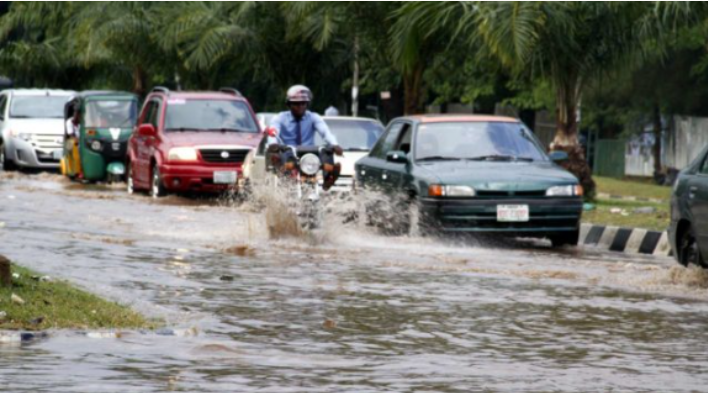NBS Report has revealed that the 2022 Flood in Nigeria cost $9 Billion in damage.
NewsOnline Nigeria reports that the National Bureau of Statistics (NBS) reports that the Nigerian floods of the past year, which tragically took the lives of hundreds, resulted in a substantial $9 billion in damages.
This Nigeria news platform understands that the cost of the destruction, evaluated in conjunction with the World Bank, is estimated to be between $3.79 billion and $9.12 billion.
SEE ALSO: COP 28: Betta Edu seeks global support in mitigating cllimate change-induced humanitarian crises
This report is coming on the heels of the Climate Summit Dubai, United Arab Emirates, where leaders across the world, including President Bola Tinubu of Nigeria, deliberate over the climate crisis in various continents.
In an earlier report, the UAE government announced the sum of $30 billion in investment funds to combat the climate crisis in developing nations.
According to NBS, the floods affected 33 of the country’s 36 states, hitting “64% of households and causing an unprecedented disruption and destruction,”
NBS report
Moreover, NBS claimed that affected households experienced flooding between September- October 2022 (50.9%), followed by 42.7% recorded in July-August.
Furthermore, the data also shows that most households (41.1%) experienced floods lasting 1-11 days, while 39.9% of respondent households experienced floods that lasted for 32 days or more.
The report also indicated that The impacts of the flood were significantly higher in rural areas (74%) compared to about 40% in urban areas.
The overall impact of the flood was varied across selected states, almost all (99%) interviewed households in Bayelsa were affected by the floods in one way or the other, followed by Jigawa (94%), Nasarawa (70%), Kogi (70%), Delta (57%) and Anambra (23%).
Recommendations
The report therefore put forth various recommendations for the future. These encompassed the establishment of early warning systems, the implementation of flood risk financing and insurance mechanisms, and a dedicated emphasis on post-disaster recovery efforts.
These measures were identified as crucial elements in ensuring the protection of food security.
Furthermore, the report underscored the importance of a multi-faceted approach to address potential challenges.
By integrating early warning systems, financial safeguards, and robust recovery strategies, it aimed to create a comprehensive framework capable of mitigating the impact of disasters and safeguarding essential aspects of societal well-being, particularly in the realm of food security.














